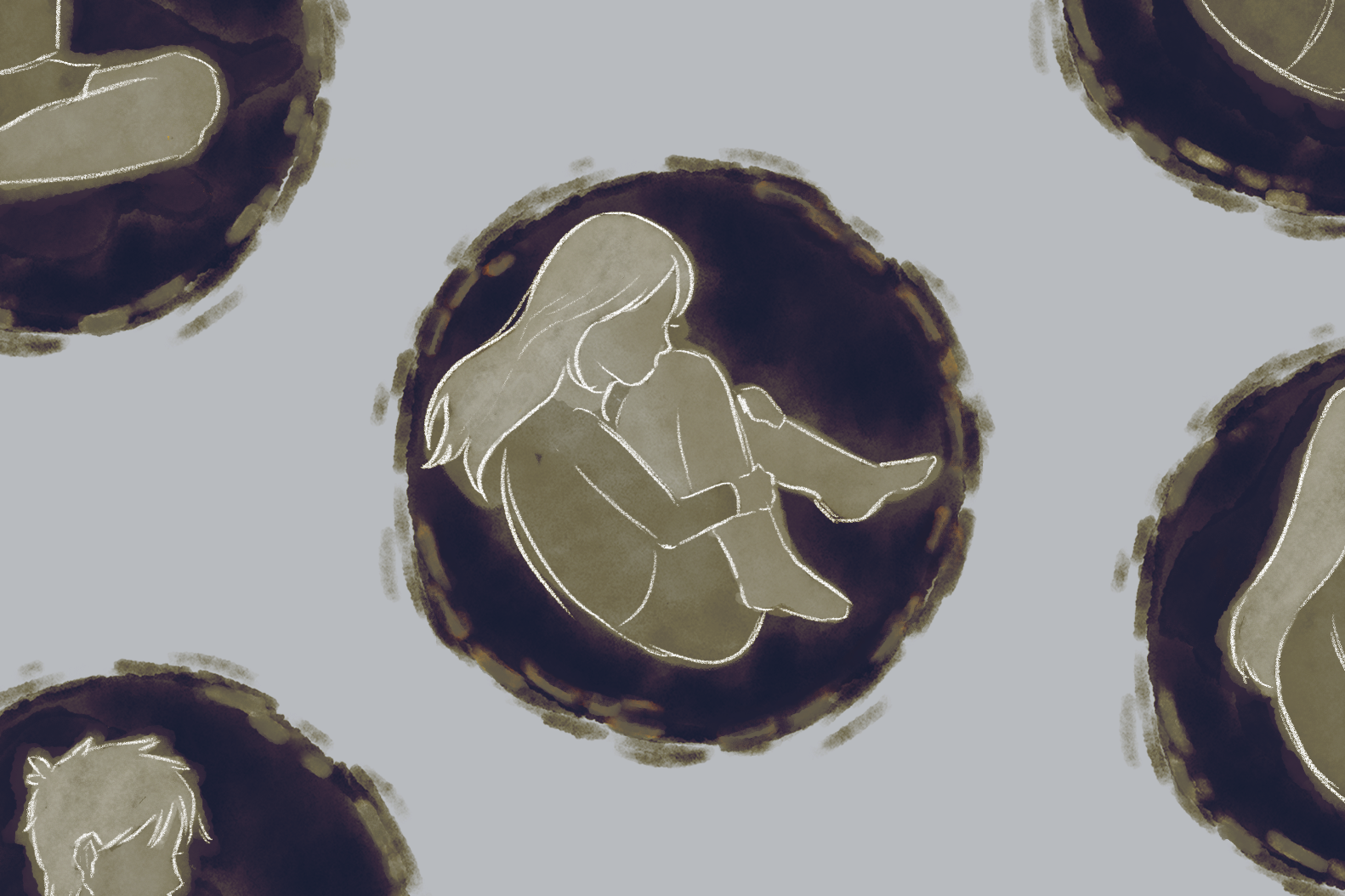As with anyone who has any ounce of pride (a.k.a all of us), one rarely readily admits to feeling disrespected, unwanted or inadequate.
We all have an innate desire to feel worthy in the eyes of others; to feel magnified in value or significance. But what happens when the words and actions of someone else hacks at the walls you built to keep your appearances up?
You react, that’s what.
I’ve realised that reactions are everything. They’re the knee jerk catalysts of repercussions, the motion that causes the ripple effect to unfold. I believe that our character acts as the source of our reactions.
Who you are in your own eyes — your perceived sense of self — is what affects the way you react. Because everyone wants to be known for something, your reactions will go hand-in-hand to preserve your standing in the eyes of others.
Our choices are inextricably tied to the identity we want to manifest, an exhibition for how people view us. It’s only natural that we make sure the glass windows of our exhibit showcases are spotless — we all want our individuality to be appreciated, yes?
Reactions can come from a place of security or insecurity. We react based on how confident we feel we can deal with the resulting circumstances. We compare how two different outcomes would affect us and end up choosing to act in a way that that would put us in a better light, or in a situation where we feel that the ending is more palatable.
I chose to let my insecurities dictate the way I reacted, but I could have saved myself from a lot of anguish if I’d reacted out of my sonship in Christ.
It’s not always easy choose how we want to react — they’re mostly instinctive after all. We can, however, choose how we want to respond to the people around us and our circumstances.
Many times I’ve found myself reacting out of fear. I didn’t know it then, but it was the reason behind my dysfunctional behaviour of suddenly withdrawing from my friends. I also experienced unhealthy periods of melancholy because of this very insecurity.
Out of my fear of rejection, I chose to react defensively — I wanted to preserve a positive impression of myself. In hindsight, what I should have done instead was to practise vulnerability by admitting to my inadequacies and shortcomings.
Back then, I was an aggressive protector of my beliefs and misconceived self-worth. But I felt challenged to look at it from another perspective: Was I called to defend my values and my sense of self, or was I called to serve others with my choices?
If I had been more secure in who I am in Christ, my reactions to others could have served them instead of protecting my own ego (Romans 15:7, Colossians 3:1-3). I chose to let my insecurities dictate the way I reacted, but I could have saved myself from a lot of anguish if I’d reacted out of my sonship in Christ.
Perhaps now we should ask ourselves if our reactions could be used to benefit the other party. Instead of feeding our thirst for creating our own unique identity, we can choose to react in a way where we can serve someone else.
“Be free from pride-filled opinions, for they will only harm your cherished unity. Don’t allow self-promotion to hide in your hearts, but in authentic humility put others first and view others as more important than yourselves. Abandon every display of selfishness. Possess a greater concern for what matters to others instead of your own interests.” (Philippians 2:3-4)








